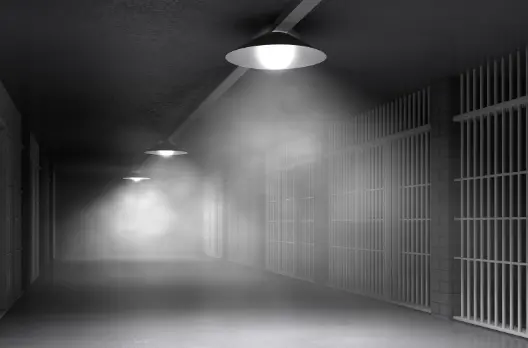KG
INTRO
China's judicial authority has detailed plans to reform the country's petition system and abolish its controversial "reeducation through labor" program.
Officils say the petition system will be overhauled to protect the public's fundamental interests.
PKG
Petitioning, also known as "letters and calls," is the administrative system for hearing public complaints and grievances.
According to a key policy document approved at the Third Plenary Session of the 18th CPC Central Committee last month, China will reform its petition system and authorities must respond to petitions within the legal framework.
Zhang Enxi, deputy head of the State Bureau for Letters and Calls (SBLC), says the bureau will expand channels for the public to file petitions, via hotlines, videos and the internet.
Close attention will be given to all petitions, especially those from people who are filing their first such appeals.
SOUDNBITE: ZHANG ENXI, Deputy head, SBLC
"There are three aspects we should further regulate within our work. Firstly, we should regulate the procedure. The State Bureau of Letters and Calls should perform their duties under the statutory power and relevant procedures. Secondly, we should regulate the content, giving full play to other legal appeal channels for expression, and strictly separate petitions from litigation. And thirdly, we should regulate the order to make sure we answer a complaint from the public in a timely manner."
The official says petitions regarding legal and judicial systems should be left for judicial remedies and handled by judiciary agencies in accordance with laws, bureaus for letters and calls will not accept such cases.
The CPC Central Committee also pledged at the session to abolish the "reeducation through labor" system, commonly known as "Laojiao."
The correction system was adopted in 1957 to take in minor offenders whose offence is not severe enough to warrant court proceedings.
It allows for people to be detained for up to four years without an open trial.
However, with the improvement of China's legal system, those minor offenders can be punished in accordance with current laws through rigid legal procedures.
Authority says social stability has been maintained since the correction system was suspended nationwide in March and it is time to abolish the system.
Proposals to do so are being drafted and will be submitted to the top legislature for an amendment to the laws.
To fill in the blanks after the Laojiao program is abolished, China will promote community correction programs.
SOUNDBITE: ZHAO DACHENG, Vice Minister of Justice
"There are some points that clearly distinguish community correction from Laojiao. The community correction program is to educate convicts and its application and procedures are stipulated in criminal law and criminal procedure law, while Laojiao was used to handle minor offenders whose offences did not fall within the criminal law."
The official says practices used under the Laojiao system will not be part of the community correction program.
SOUNDBITE: ZHAO DACHENG, Vice Minister of Justice
"Under the community correction program, a convicted person will not be held in a special venue but he or she will be required to receive rectification education in the community they live in. This is another obvious difference from Laojiao."
The official says the community correction program is believed to help offenders better return to society.
TAG
China introduced community correction schemes in 2003.
About 1.7 million offenders have been through the program and the recidivism rate remains at 0.2 percent.
 简体中文
简体中文

